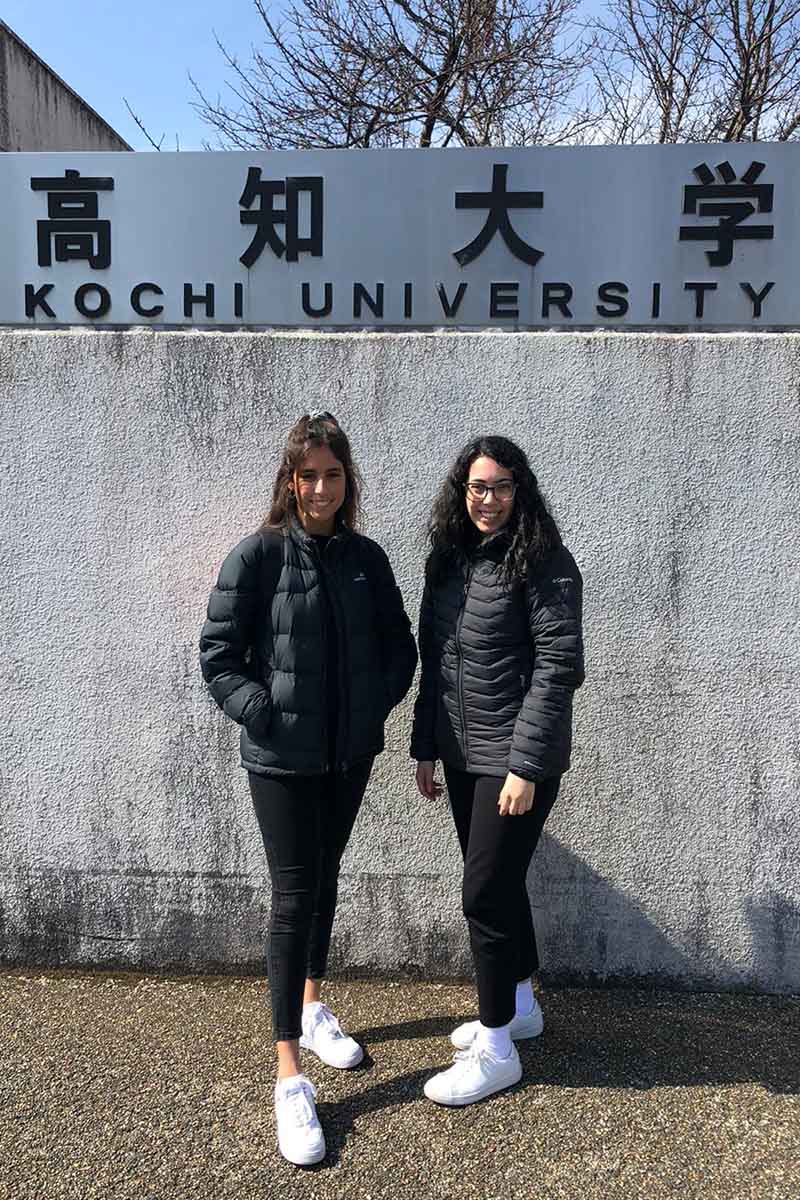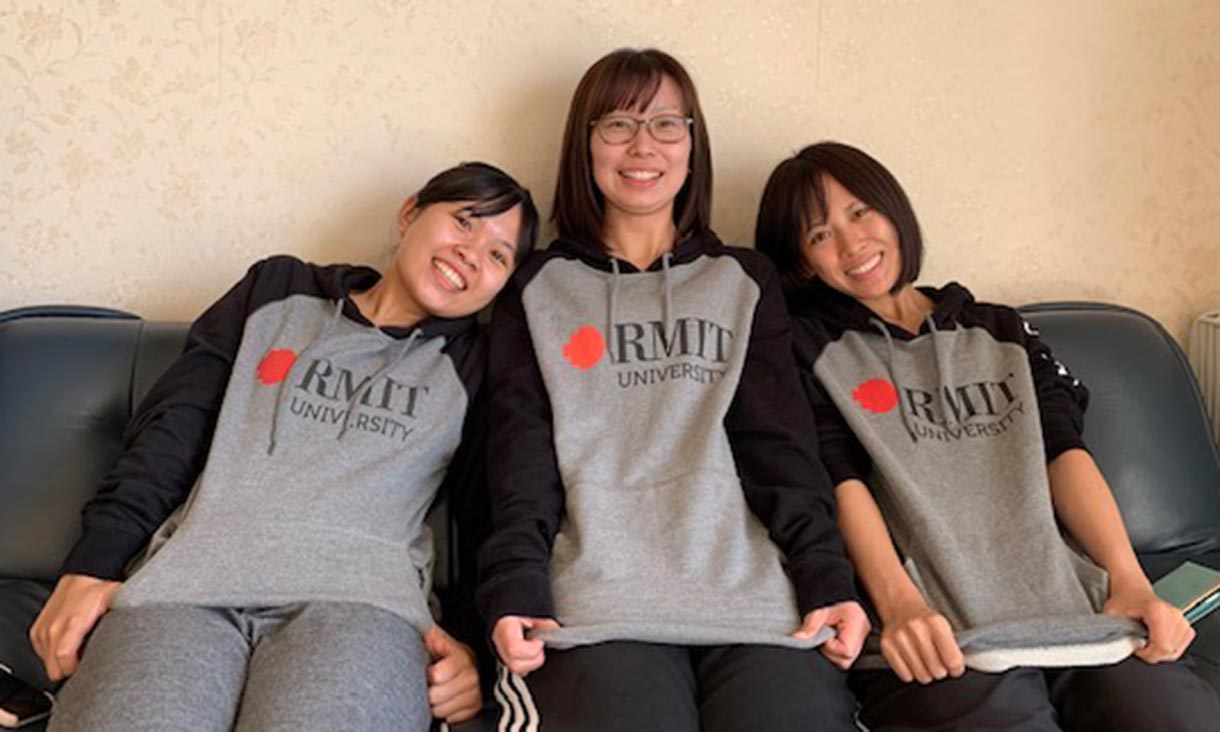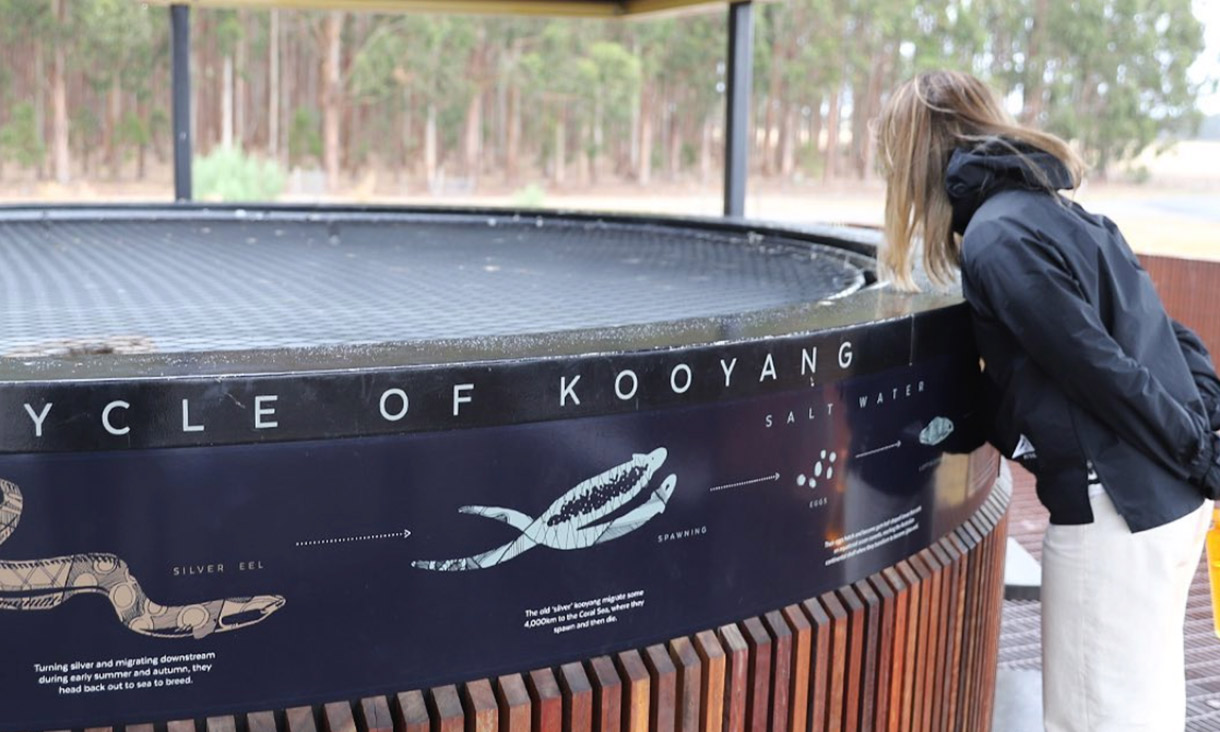In 2019, they led a qualitative study that used journal entries from Australian and Japanese student pre-service teachers while attending a global experience to Kochi, Japan and Melbourne, Australia. The bilateral project offered mentoring and support for the students, intensive language teaching experiences and field study including learning about teaching methodology at several host schools.
The program involved university staff and students from RMIT and Kochi University, partner schools, and the local communities in both countries.
The significant benefits for participants were summed up by a student, Barbara.
“My experience in Kochi was unforgettable. From teaching at regional primary schools, to learning about Japanese culture and cuisine - every day was a highlight,” she said.
“I believed we had gone with the purpose of teaching English, but from the moment we arrived I knew it would be so much more than that.
“I discovered so much about Japanese pedagogy and behavioural strategies, the importance of responsibility in the classroom and consequently was able to bring home a new set of teaching strategies to use in my future classrooms,” she said.
Professor Darren Lingley from Kochi University also noted the benefits for Japanese students and teachers.
“These international, intercultural learnings were especially impactful in Japan where schools rarely experience cultural or linguistic diversity in the rural context of Kochi Japan and communities rarely even see international tourists,” he said.
Key findings of the research revealed transformative impact in areas including:
- personal learning and development
- professional learning
- authentic speaking opportunities in Japanese and English
- teaching pedagogy
- teaching practice, flexibility and adaptability in different contexts
We are delighted that the language education students from Australia and Japan who participated in our recent practice-based global experience program described their involvement as ‘life-changing’.
-Naomi Wilks-Smith
Dr Wilks-Smith said all involved have benefitted from intercultural communications and understanding, learning new and different pedagogical approaches and broadening perspectives and global knowledge.
Further details of the research and findings have been published in the book Championing Cutting-Edge 21st Century Mentoring and Learning Models and Approaches. Brill Sense: The Netherlands. (ISBN 2542-9728. DOI 10.1163/9789004440371_010).










